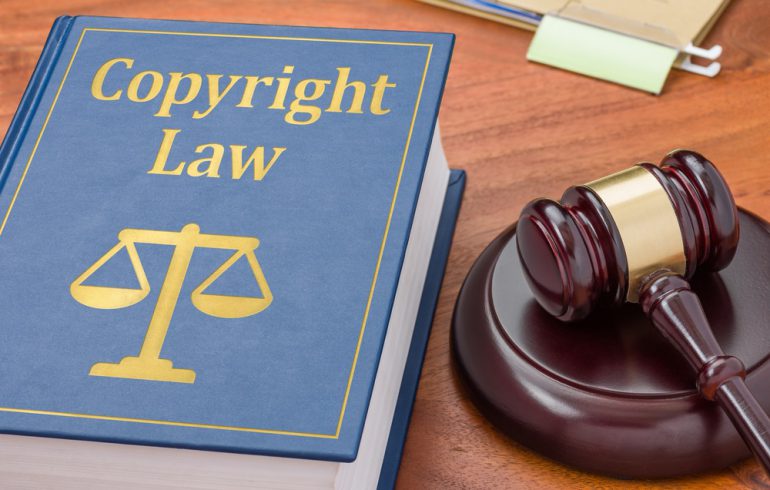


OSHA Updates Its Covid-19 Workplace Guidelines For Non-Healthcare Employers In View Of The CDC’ S Interim Recommendations For Fully Vaccinated Persons
The development of effective vaccinations for Covid-19 has created a new challenge for employers.

How Does The CDC’s New Guidance Eliminating Mask Wearing and Social Distancing For Most Fully Vaccinated Persons Affect The Need For Employers To Require Employees To Wear Masks And Socially Distance In The Workplace?
The Covid-19 pandemic has evolved to the point where effective vaccinations have lessened the need for universal mask wearing. Most view this development as reason for optimism that the pandemic will end or, at least, continue only at a manageable level with marginal impact on workplaces. The CDC’s new guidance exempting fully vaccinated persons from wearing masks either indoors or outdoors in most circumstances offers employers the opportunity to adjust their workplace Covid-19 related policies.

Employers May Claim Tax Credits To Fund PTO Granted To Employees To Get Vaccinated & Those That Only Encourage Vaccinations Need Not Report Vaccination Related Illnesses On An OSHA Form 300

OSHA Announces New Workplace Covid-19 Enforcement Actions

Another Example of How Copyright Law Touches Our Everyday Lives: The Georgia Official Code Case

What Questions Do Employers Need To Ask About Covid-19 Vaccinations?

The United States Patent & Trademark Office Celebrates Black History Month on February 10th
On February 10, the USPTO presents the “Three Contemporary Black Women Inventors” online event in celebration of Black History Month. The event spotlights three contemporary black women inventors: Aprille Ericsson, Ayanna Howard and Arlyne Simon.

Beware of Pharmaceutical and Medical Device Speaker Programs
Federal alert indicates increased focus on speaker programs and their
potential to violate the anti-kickback statute

SEC Updates Accredited Investor Definition
The Securities and Exchange Commission has adopted amendments to the “accredited investor” definition contained in Rule 501(a) of Regulation D which is one of the principal tests for determining who is eligible to invest in private capital raising transactions.
